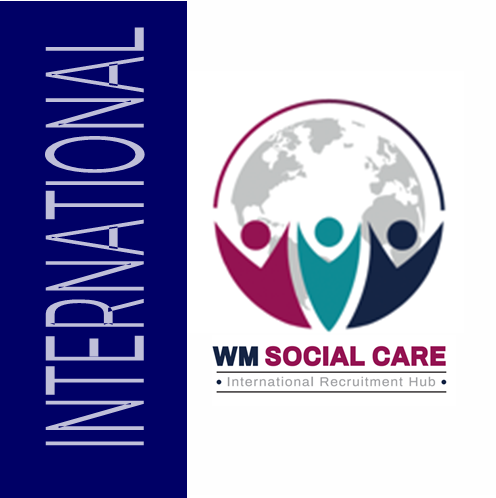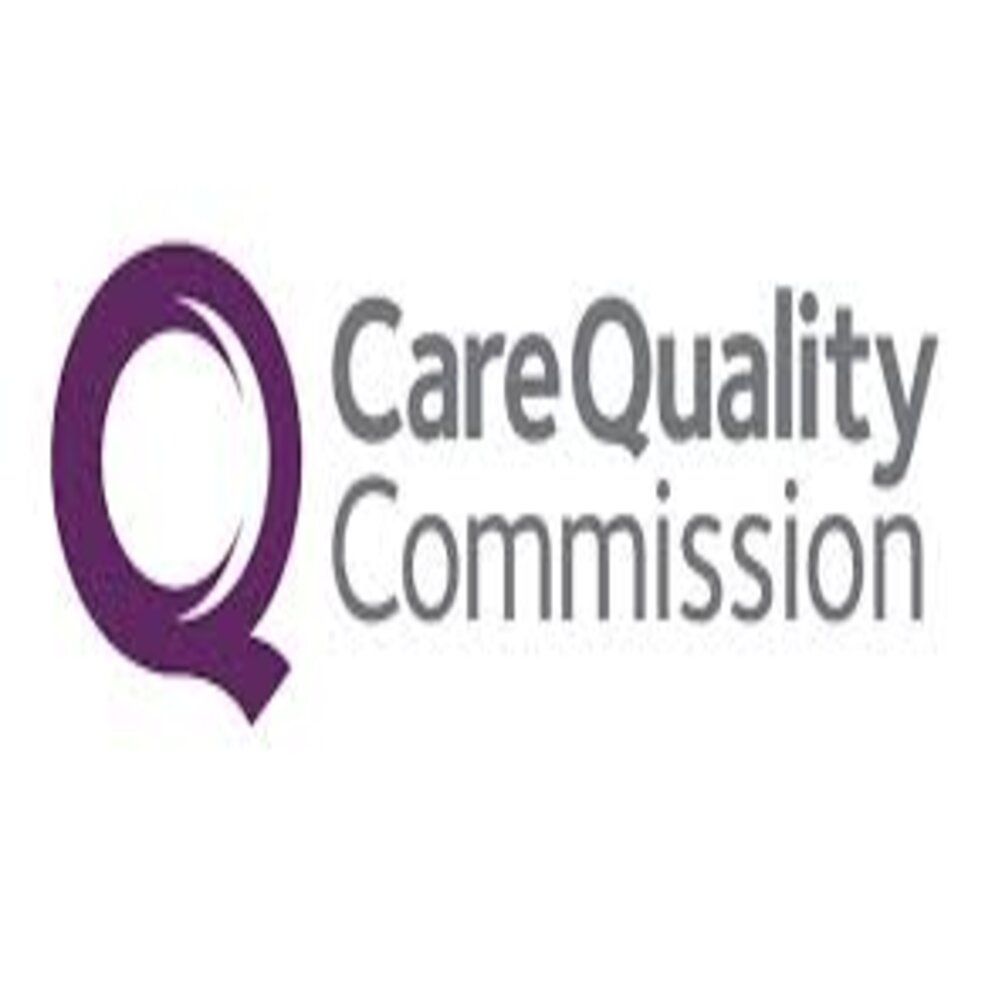After the success of these sessions last year, Skills for Care are pleased to welcome back Lizzie Whittington and Jo Wheatley, the Disclosure & Barring Service’s (DBS) Regional Outreach Advisers to the Midlands, to repeat these sessions in October.
This two-workshop series (Disclosure and Barring) will cover essential learning around DBS products and services, and how to apply the learning in your organisation. The workshops are ideal for those working in or supporting the Adult Social Care sector, particularly those with recruitment or safeguarding responsibilities. While it is beneficial to attend both sessions, you can choose to attend one as a standalone event.
DBS workshop 1 - Disclosure
Tuesday 10 October 2023, 13:00 - 15:00
If you work in recruitment in Adult Care, you will know how important it is to apply for the right level of DBS checks for staff working with vulnerable adults. During this first session, Lizzie and Jo will be covering the need-to-know details of DBS checks, from how the relevant legislation affects what level of check is right for a certain role, to how to respond to disclosure information on a DBS certificate.
They will go through what the legal definition of Regulated Activity is, how this relates to DBS processes and give sector-specific examples to help apply the eligibility rules to your workplace or setting. There will be plenty of opportunity for questions so this is a good opportunity to meet your regional Advisers and understand how DBS checks can play an important part in your safer recruitment practices.
Session objectives:
Understand the benefits of DBS and your organisation working together
Understand the different levels of DBS checks
Understand the filtering guidelines
Understand when an employee is eligible for a check
Understand the DBS Update Service
DBS workshop 2 - Barring
Tuesday 17 October 2023, 13:00 - 15:00
DBS plays an important part in the safeguarding environment and maintains the Children and Adult’s Barred List on behalf of the government. An individual can be placed on the barred list if they are deemed to be a risk of harm to either or both the children’s or adult’s workforce, and are then legally barred from working in relevant positions. One of the most important ways that DBS receives information regarding potential harm is through barring referrals submitted directly from employers, Regulated Activity Providers and Personnel Suppliers.
In this session, Lizzie and Jo will explain what the legal duty is for such organisations to make DBS barring referrals and what the process to place someone on the barred list entails. Through some discussion points and interactive activities, they will recap the meaning of Regulated Activity and cover how to make a good quality barring referral as well as how DBS can work with your organisation to protect the vulnerable people in your care.
Session objectives:
Understand Barring processes at the DBS
Understand when a DBS Barring referral should be made, including when the legal duty is met
Understand how to make a good quality Barring referral
Understand what Regulated Activity is
Understand what ‘Relevant Conduct’ and the ‘Harm Test’ is
Have a clear understanding of the potential consequences of not making appropriate Barring referrals and the consequences of being included in one or both Barred Lists
Who should attend?
Those working in or supporting the Adult Social Care sector, particularly those with recruitment or safeguarding responsibilities.






















